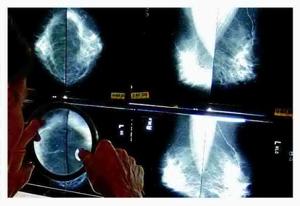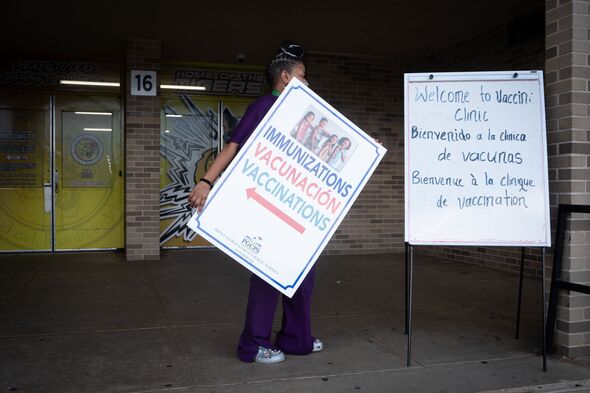Breast cancer remains the second leading cause of cancer-related deaths among women worldwide. Recent studies underscore the critical role of regular mammograms in early detection, which can drastically improve survival rates. Health organizations emphasize the importance of screening, as timely diagnosis can lead to more effective treatment options.
Impact of Early Detection on Survival Rates
According to the American Cancer Society, early-stage breast cancer has a five-year survival rate of over 90%. In stark contrast, when diagnosed at a later stage, this rate drops significantly, making the case for regular screening compelling. Breast cancer is responsible for approximately 685,000 deaths annually, as reported by the World Health Organization (WHO). The potential to save lives through early detection is evident.
Mammograms are X-ray examinations of the breast, designed to detect cancer before symptoms appear. The U.S. Preventive Services Task Force recommends that women begin receiving mammograms at age 40, with the frequency determined by individual risk factors. This proactive approach aims to catch abnormalities early, enabling timely intervention.
Current Screening Statistics
Data from October 2023 indicates that only about 66% of women aged 40 and older are up-to-date with their mammogram screenings in many developed countries. This statistic highlights a significant gap in preventive care that could be narrowed through increased public awareness and accessibility of screening services.
Health experts urge women to prioritize regular mammograms, stating that the benefits far outweigh the risks associated with radiation exposure. They also recommend discussing personal risk factors with healthcare providers to determine the best screening strategy.
The ongoing efforts by various health organizations to raise awareness about breast cancer and the importance of early detection are crucial. Campaigns aimed at increasing accessibility to mammograms, especially in underserved communities, are essential for improving overall health outcomes.
In conclusion, regular mammograms are a vital tool in the fight against breast cancer. With early detection drastically improving survival rates, women are encouraged to adhere to screening guidelines and engage in discussions with healthcare professionals about their individual health needs.







